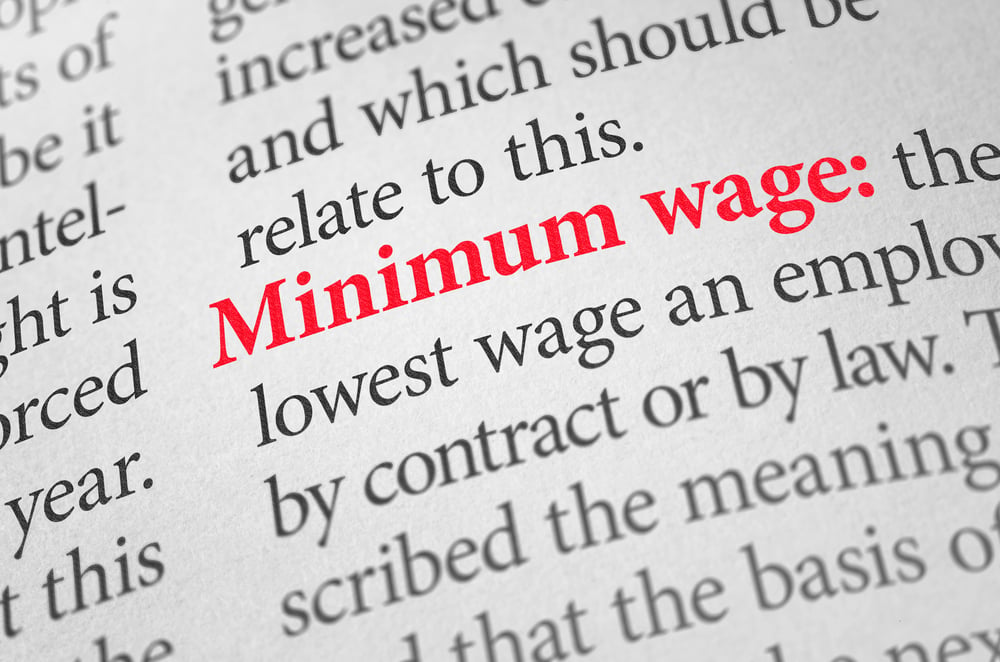Mexican intellectual property laws have evolved over time to benefit industry patents and trademarks. Learn more about the IP process and governmental departments that deal with Mexico's intellectual property rights and protection.
Mexico has had some form of intellectual property (IP) protection in place since the early 1800s, but those rules have evolved significantly over the years—and may be about to do so again.
In Mexico, IP protection is covered under the Law of Industrial Property established in 1991 and the Federal Copyright Law enacted in 1996. However, various international agreements lay out IP protection for foreign investors. Foreign companies manufacturing in Mexico would be covered by NAFTA or CPTPP IP protection, for example. Because these rules evolve over time, it’s important to be aware of what’s covered by today’s rules for intellectual property protection.
The basics of Mexico's IP laws
When Mexico first established intellectual property protections, the focus was around property rights for inventors. Under today’s law, emphasis is largely on recognizing industrial use cases. This includes protection of trademarks, patents, trade secrets, slogans, industrial design, origin identification, and trade names.
The process for trademark registration may take approximately six to eight months. During this time, the trademark application is reviewed for compliance with established regulations. Once the application is accepted, it’s published in the Official Gazette. Trademarks are valid in Mexico for ten years from the date filed and can be renewed every ten years.
Patent protections in Mexico for new inventions with meaningful industrial applications can be registered by companies for up to 20 years.
In 2018, Mexico laid out a number of updates to its IP laws to provide greater protection to businesses. Among the changes were clarifications around design registration law, which now clearly define novel designs as being an “independent creation” that is different to a “significant degree” from an existing design. The definition of a trademark, on the other hand, was broadened to include any sign observable by the senses and able to be graphically represented. The updates also grant more time between certain required renewals and registrations.
Many of these updates have been enacted in order to move more closely in line with international policy. This alignment not only enhances the protection of international manufacturing companies in Mexico, but simplifies the process of protecting, or defending, a business’ intellectual property.
International rules for IP protection in Mexico
Mexico isn’t the only agency looking out for intellectual property rights. Many international agreements touch upon expectations for IP protection. As a member of the World Intellectual Property Organization, Mexico is subject to the provisions of a number of treaties on Intellectual Property, ranging from the Paris Convention for the Protection of Industrial Property of 1903 to the Patent Cooperation Treaty of 1995 and beyond. Many of Mexico’s numerous free trade agreements also cover IP protection. Many of these agreements are revisited over time to address evolving needs.
For example, in November 2019, the European Patent Office signed a Memorandum of Understanding on Reinforced Partnership with the Mexican Institute of Industrial Property (IMPI) to strengthen the longstanding cooperation between Europe and Mexico around patents. While the two offices have worked together for 25 years, IMPI Director-General Juan Lozano noted that the MoU would help promote the exchange of information and support IMPI’s work with training, tools, and technical support from the EPO. The agreement also would support the greater use of Mexican resources to speed the process for applications already examined by the EPO, particularly those related to emerging technology areas such as Industry 4.0.
Upcoming changes to IP rights in Mexico
The forthcoming passage of the U.S.-Mexico-Canada Agreement, often referred to as NAFTA 2.0, promises greater changes. Chapter 20 of the agreement lays out intellectual property rights, with some additions that go beyond NAFTA’s IP protections. That’s largely because the updates bring existing IP protections into the modern age.
For example, the USMCA lays out protections for biologic pharmaceutical products, which is not covered under NAFTA. The agreement would include 10 years of data protection for this category of pharmaceuticals.
USMCA also lays out standards for pirating digital music, movies, and books. The USMCA expressly recognizes the need for IP enforcement procedures for trademark and copyright or related rights infringement of digital property. In its Digital Trade chapter, the agreement sets out terms for modern trade, including safeguards to ensure that data can be transferred across borders, supports the use of electronic authentication in digital transactions, and encourages collaboration in addressing cybersecurity challenges.
Overall, the agreement aims to broaden provisions for protecting trademarks. In support of that, USMCA would require parties to develop an online database of domain name registrant contact information as well as a mechanism for managing disputes over domain names. It would also grant customs officials the authority to seize suspected counterfeit or pirated goods being imported, intended for export, or in transit.
How are intellectual property laws enforced in Mexico?
This last point is particularly important in broadening the enforcement of IP protection. In Mexico, there are several authorities that work with Intellectual Property laws. These include:
- The Office of the Attorney General initiates a criminal action for a copyright criminal offense. The offense is judged in civil courts, under either federal or local jurisdiction.
- The National Institute of Copyright enforces copyrights in cases where the offender does not intend to profit from the use of a work, or the infringement is related to an omission in observing regulations.
- IMPI provides patent and trademark registrations and oversees administrative cases that enforce action against intellectual property rights infringements that aim to profit from the IP.
Your IP is safe in Mexico
Products and manufacturing processes are rapidly evolving today. When IP protections were first enforced, an invention could be seen and held. Today, a novel idea might be streamed, processed, or analyzed in ways unimagined a few decades ago. As inventors and entrepreneurs navigate these new fields, it’s critical that regulatory authorities offer them support.
Mexico has committed to modernizing its regulations as proof of its to support for business innovation. To better understand exactly how IP laws are looking out for your manufacturing IP in Mexico, contact Tetakawi for more information.
Subscribe
Sign up and stay informed with tips, updates, and best practices for manufacturing in Mexico.





